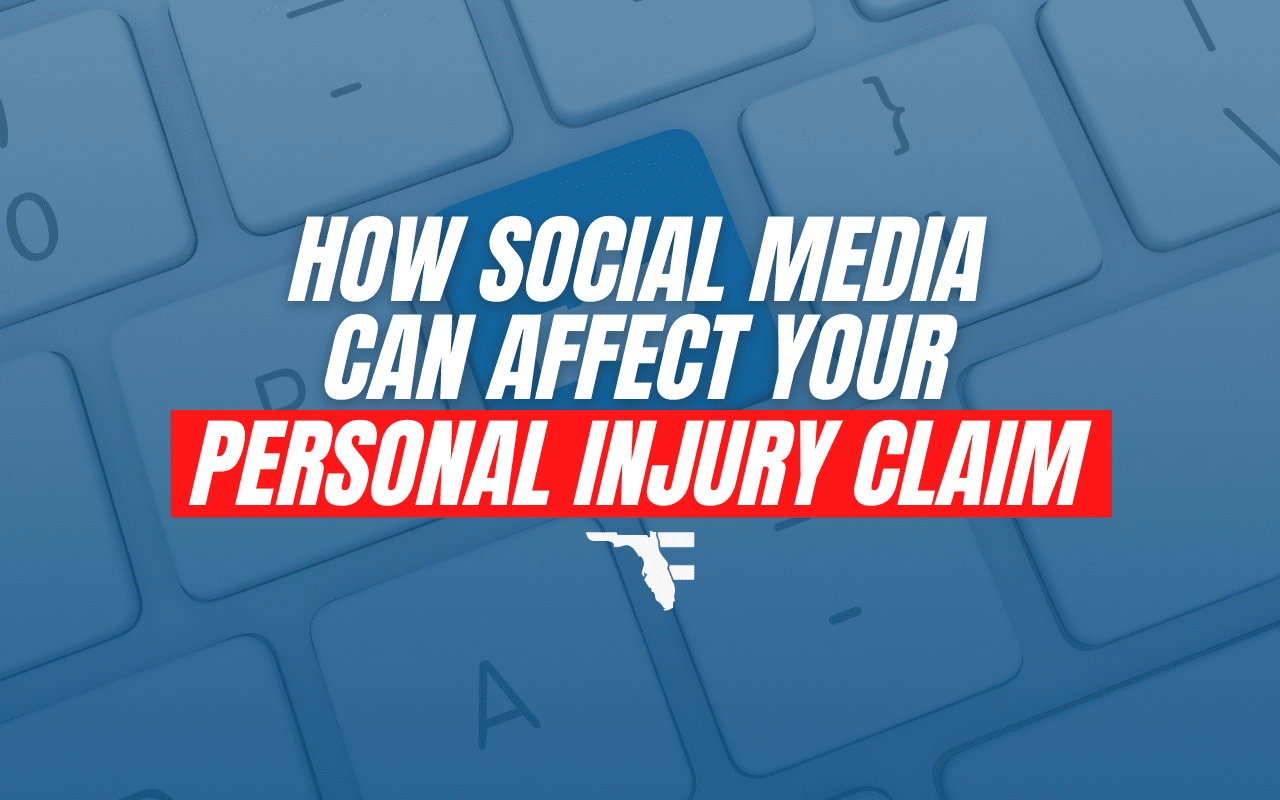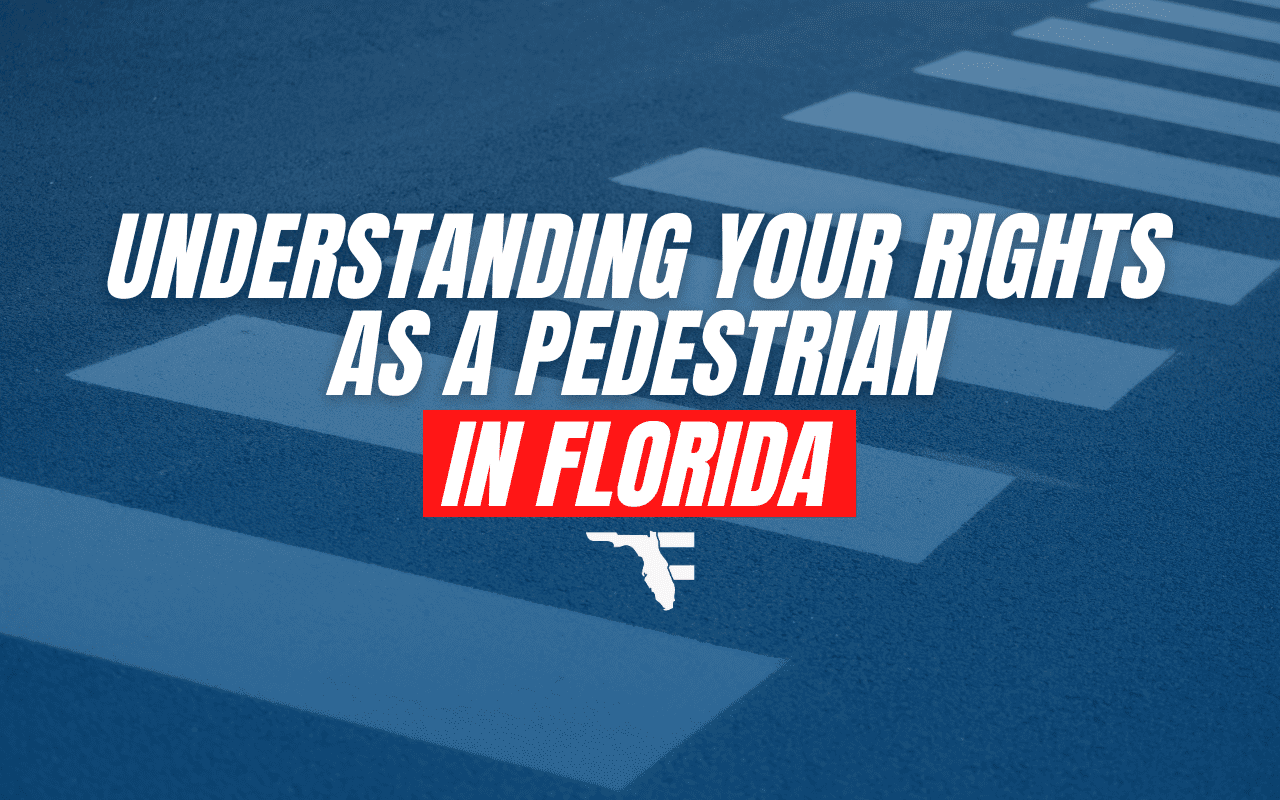
How Social Media Can Affect Your Personal Injury Claim
In the era of digital connectivity, social media has become an integral part of our daily lives. Platforms like Facebook, Instagram, Twitter, and LinkedIn allow us to share snippets of our lives, connect with friends and family, and even network professionally. However, when it comes to personal injury claims, your social media presence can have significant implications. At Florida Legal, we aim to shed light on how social media can affect your personal injury claim and offer some best practices to safeguard your legal rights.
The Impact of Social Media on Personal Injury Claims
The Role of Evidence
In personal injury cases, the burden of proof rests on the claimant. You must demonstrate that the injury you sustained was due to the negligence or fault of another party. This process often involves providing medical records, witness testimonies, and other forms of evidence to support your claim.
Here’s where social media comes into play. Anything you post online can potentially be used as evidence—either for or against you. Defense attorneys and insurance companies often scour social media profiles to find posts or photos that could contradict your injury claims. For instance, if you claim to have a debilitating back injury but post pictures of yourself hiking or engaging in physical activities, it could undermine your case.
Privacy Settings Are Not Foolproof
Many people believe that setting their social media accounts to private will protect them from scrutiny. Unfortunately, this is a misconception. Even if your profiles are private, there are still ways that your posts can be accessed. For example, mutual friends or followers might share your content, or courts can issue subpoenas to obtain relevant information from your social media accounts.
Inconsistent Statements
Consistency is crucial in personal injury claims. Any discrepancies between what you state in your claim and what you post on social media can be detrimental. For example, if you tell your lawyer that your injury prevents you from participating in certain activities but then post about those very activities online, it can raise questions about the validity of your claim.
Emotional Expressions
It’s natural to vent your frustrations and emotions on social media, especially during challenging times. However, emotional posts can also be used against you. Negative comments about the defendant, the legal process, or your situation can be interpreted in ways that weaken your case. It’s essential to exercise caution and avoid posting anything that could be construed as inflammatory or contradictory.
Real-World Examples
To illustrate the impact of social media on personal injury claims, let’s look at a few real-world examples:
Case Study 1: The Hiking Incident
In a notable case, a claimant alleged severe back injuries after a car accident. The defense team discovered social media posts showing the claimant hiking in the weeks following the accident. These posts contradicted the claimant’s statements about being unable to perform physical activities, leading to a reduced settlement offer.
Case Study 2: The Work Event
Another example involves an employee who filed a workplace injury claim, stating that they were unable to work due to a wrist injury. However, their social media profiles showed them attending a work-related event, shaking hands, and using their injured hand. This evidence cast doubt on the severity of the injury and affected the outcome of the claim.
Best Practices for Social Media Use During a Personal Injury Claim
Given the potential impact of social media on your personal injury claim, it’s crucial to be mindful of your online presence. Here are some best practices to follow:
1. Limit Your Social Media Activity
The most effective way to prevent social media from affecting your claim is to limit your activity altogether. Consider taking a break from social media while your case is ongoing. This minimizes the risk of posting something that could be misconstrued or used against you.
2. Update Privacy Settings
While privacy settings are not foolproof, they still provide a level of protection. Ensure that your profiles are set to private, and regularly review your settings to make sure they remain secure. This doesn’t guarantee complete privacy, but it does make it more difficult for outside parties to access your information.
3. Avoid Discussing Your Case
Refrain from posting any details about your accident, injury, or legal proceedings on social media. This includes direct mentions of the case as well as indirect references that could be connected to it. Even seemingly innocuous updates can be taken out of context and used against you.
4. Be Cautious with Photos and Videos
Photos and videos can be particularly damaging to your claim if they contradict your statements about your injury. Avoid posting any visual content that depicts you engaging in activities that could be interpreted as inconsistent with your injury claims.
5. Monitor Tags and Mentions
Keep an eye on posts where you are tagged or mentioned by others. Friends and family might post content that includes you, which can be accessed by defense attorneys. If you see any posts that could potentially harm your case, politely ask the poster to remove them or untag yourself.
6. Consult with Your Attorney
Your attorney is your best resource for navigating the complexities of your personal injury claim. Discuss your social media use with them, and follow their advice on what to post and what to avoid. They can provide specific guidance tailored to your case and help you understand the potential risks.
The Role of Florida Legal in Protecting Your Claim
At Florida Legal, we understand the challenges that come with personal injury claims. Our experienced attorneys are dedicated to providing comprehensive legal support to ensure that your rights are protected throughout the process. We offer personalized counsel to help you navigate the intricacies of your case, including guidance on managing your social media presence.
Why Choose Florida Legal?
- Expertise:
Our team has extensive experience handling personal injury claims, and we stay up-to-date with the latest legal developments to provide the best possible representation.
- Personalized Approach:
We take the time to understand the unique circumstances of your case and tailor our strategies to meet your specific needs.
- Proven Track Record:
Our firm has a history of successful outcomes for our clients, and we are committed to achieving the best possible results for you.
- Comprehensive Support:
From initial consultation to final resolution, we provide ongoing support and communication to keep you informed and confident in your case.
Contact Florida Legal Today
In today’s digital age, social media can significantly impact your personal injury claim. By being mindful of your online presence and following best practices, you can help protect your rights and strengthen your case. At Florida Legal, we are here to guide you through every step of the process and ensure that you receive the compensation you deserve.
If you have any questions or need assistance with your personal injury claim, don’t hesitate to reach out to our team. Contact Florida Legal today to schedule a consultation and take the first step toward justice.



